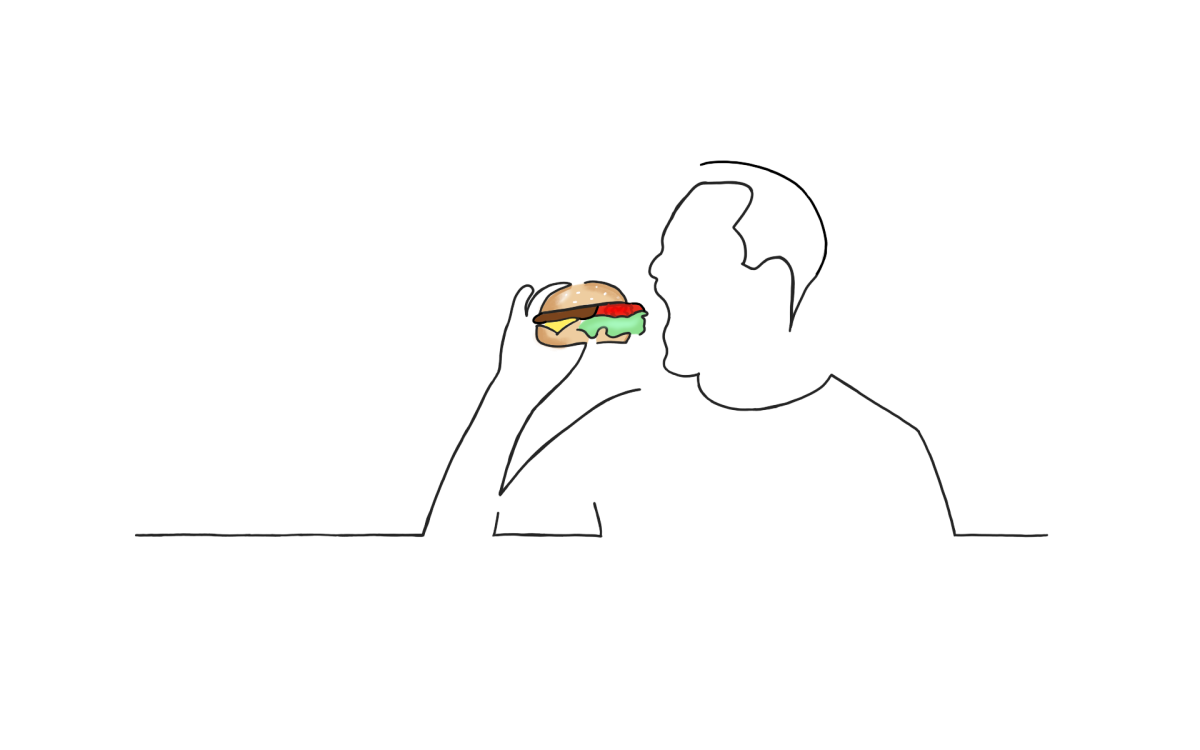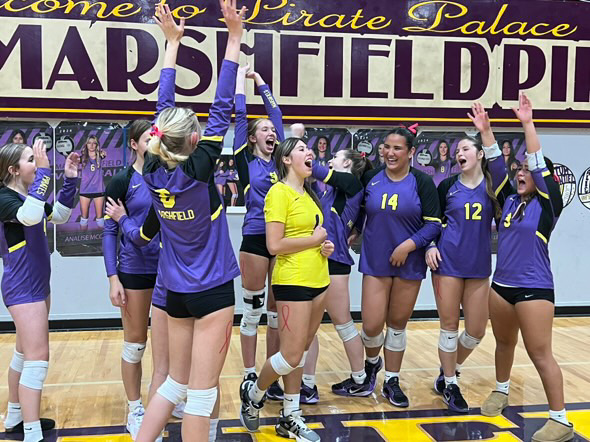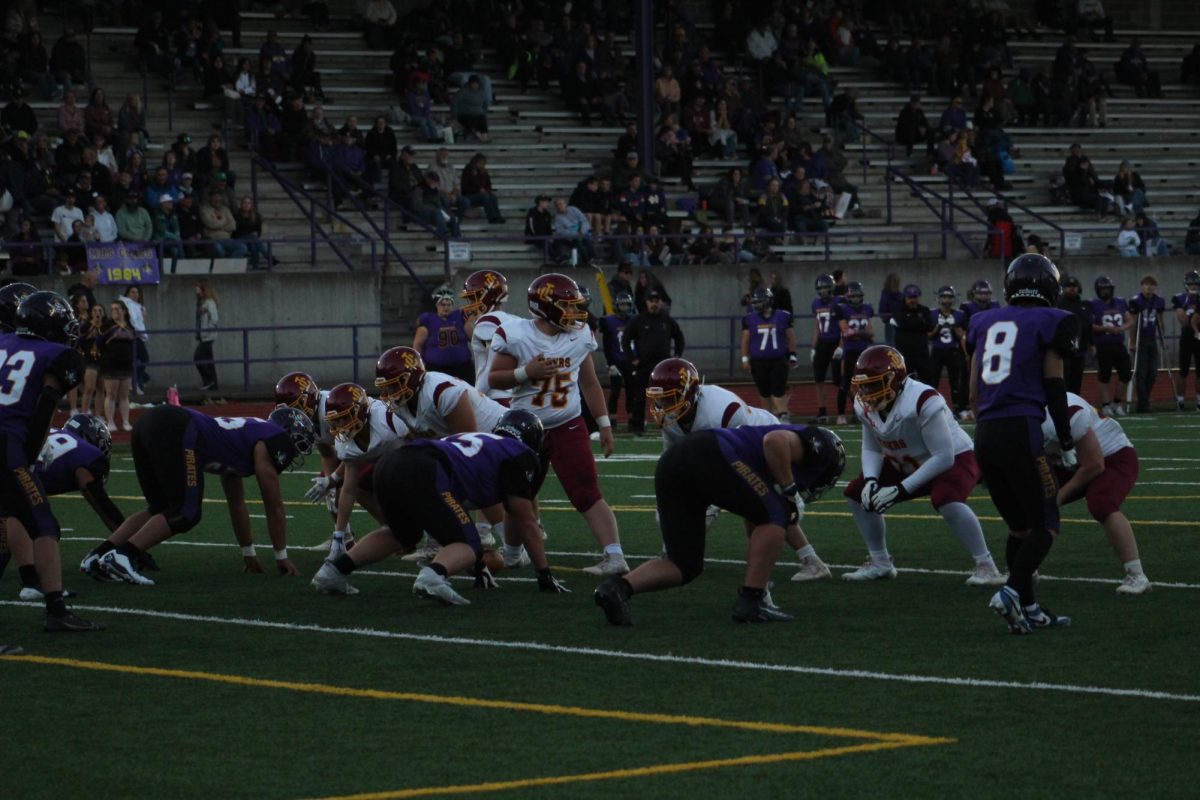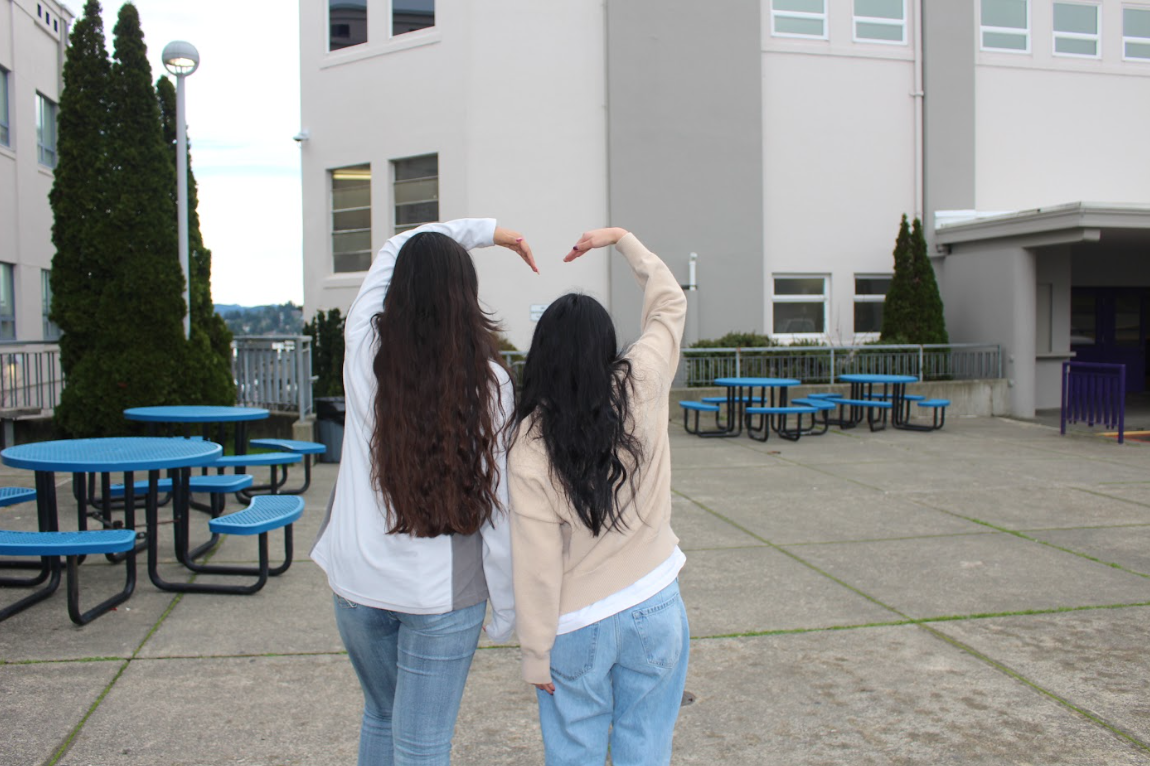In 1948 the first-ever reality television show premiered on ABC network, called Candid Camera. Ever since then, the media has been captivated by the art of reality TV–with more than 600 different reality TV shows. But it’s not all fun and games; there is speculation regarding the benefits or harm of these programs.
“Reality TV can be captivating because you’re watching the chaos and craziness of other people’s lives and not your own,” Marshfield Alumni Emma Conde said.
These types of TV shows gain more and more views from the ads they produce, ads that are strategically placed, both to increase the drama between characters, and also to entice viewers to purchase said products.
“Reality TV shows gain popularity because they are crazy, like you want to watch these people that do things you would never do, you don’t understand why they do it,” Conde exclaimed. “You want to get inside of their head and see why people make the decisions that they make, especially if you could never see yourself making those decisions.”
Over the years the reality genre of television has racked up numerous subgenres such as competition shows, dating face-offs, lifestyles exposes, and even most documentaries. One of the biggest known competition-based reality TV shows is “Survivor,” which has been on air since 2000. There are many more reality TV shows that highlight survival of the fittest, but another subgenre of reality TV shows are the talent competitions, such as “American Idol,” “America’s Got Talent,” “The Voice,” “Dancing With the Stars,” etc.
The lifestyle subgenre include the following: “Keeping up with the Kardashians,” “All The Real Housewives,” “Jersey Shore,” “Dance Moms,” and more. These are proven to be the most detrimental to society today.
“I feel like reality TV can be harmful, because it could influence people to buy things or do certain things,” Marshfield High School senior Sarade Lowe said. “Like especially with the Kardashians and all their surgeries, it could try to convince you to morph your body into something that’s not natural.”
The unreal expectations that these well-known shows set forth on the viewer are just that–unreal. Worrying about trying to achieve the most likely unachievable can take meaning out of the beauty of real life.
“Reality TV is just like trash TV, it can be fun and chill in small doses,” Conde mentioned. “But if your entire life is fixated on the lives of other people, especially if those lives may or may not be real or accurate, then you’re never going to be content and happy with your own life.”
Though this type of entertainment is seemingly a good distraction from normal life, there are always issues that reside within. Nothing in reality TV is a realistic view of how society actually operates. Characters and lifestyles are unique and do not reflect the real world. When viewers try to duplicate elements from reality TV shows, it usually ends in failure, because there is much more at play in everyday life.
Dating shows continue to grow more and more popular with the age demographic of viewers expanding. Examples of some shows that fall under this category are, “The Bachelor,” “The Bachelorette,” “Love Island,” “Too Hot to Handle,” “Love is Blind,” “90-day Fiance,” etc. It has been analyzed that only about 12% of couples that are together on the show stay together once the cameras stop rolling.
“I feel like the participants on love-based reality TV shows are just there to have a good time and not really there to find the love of their life,” said MHS senior Erika Akers. “I think they are really entertaining though and gain a lot of popularity. But when I see the people who get engaged or together on the shows they never last in the real world.”
Creators and producers know that controversy brings views, so some base their entire TV show around it. Controversial subjects hold the attention of those whose lives may or may not be as filled with it as the shows they watch are.
“Controversy is absolutely involved in the views of reality TV,” remarked Conde. “It’s controversy that gets people the clout to get a reality TV show. Like Abby Lee Miller was controversial for being an awful person so she got a reality TV show [“Dance Moms”], and Taylor Frankie Paul was controversial for a swinging scandal and she got a reality TV show [“The Secret Lives of Mormon Wives”].”
Even though the concept of reality TV can be judged as not being completely real, it is still a type of media that can provide entertainment if not taken too seriously.
“My favorite reality TV show is Dance Moms,” said Conde. “Because I think Abby Lee Miller is hilarious and so are the moms.”
Categories:
The reality of reality TV
0
Tags:
Donate to The Marshfield Times
Your donation will support the student journalists of Marshfield High School. Your contribution will allow us to purchase equipment and cover our annual website hosting costs.
More to Discover
About the Contributor

Olivia Conde, Co Editor-in-Chief
Senior Olivia Conde is a fourth year member and Co Editor-in-Chief of the Marshfield Times. She enjoys hanging out with friends and night drives even though she doesn’t like driving. She often plays tennis and this is her third year on the Marshfield tennis team. She hopes to achieve straight A’s to help her chances of getting into good colleges. The colleges she dreams of attending are Ivy’s such as Harvard or Yale to study to be a Lawyer or maybe something else depending on her mood. She is the President of the Marshfield Z-Club as well as a member of NHS, and SNHS, since she is very passionate about community service. She watches shows and movies in her free time and has a deep music and tiktok obsession. Her inspiration is her older sisters and strives to be like them.





















